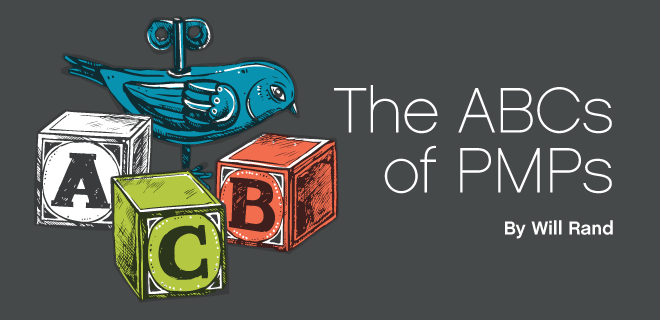
In this addendum to his three-part series on private marketplaces (read parts I, II and III), Will Rand explains the quirky workings of GroupM’s PMP deals that require 100% viewable inventory.
First, someone from GroupM says they want to set up a PMP. The PMP will be a non-guaranteed preferred deal, and will require the publisher to hit 100% viewability standards. That means that ads that aren’t considered in-view by Moat will be considered a value add.
Because of this, publishers raise their CPMs to account for all of the impressions they’re not getting paid for. So if PremiumPublisher.com charges an $8 CPM for a media sales campaign and typically has 50% viewability according to Moat, they’ll raise their CPMs to $16.
GroupM of course knows this, so they push back on the CPMs, and eventually the two sides agree on a rate that’s a little higher than the publisher’s standard, but likely not enough to cover all of the revenue lost by viewable impressions.
That’s all well and good, but PMPs aren’t billed off of viewable impressions—they’re billed off impressions, period. And the buyer and seller don’t transact directly with one another—they transact with the SSP (Google ADX, Rubicon, et. al.), which does not have the ability to transact on viewable impressions. If they did, they would have different standards than Moat, IAS, DoubleVerify and other viewability vendors out there.
So how do GroupM and publishers work around this?
First, the two sides lock in the rate (let’s say a $12 CPM), but agree that the rate will change based on the viewability of the publisher. So around the 1st and 15th of every month, GroupM and the publisher review the numbers and confirm that, yes, their viewability rate is in fact 50%. Then they set up a new deal ID that’s half the price of the previous number.
So that $12 CPM drops to $6, but GroupM can tell their clients “we’re only paying for 100% viewable impressions!” The theory is also that GroupM will spend a ton of money on these deals, so they’re worth setting up.
But all of this work is done for non-guaranteed revenue! The checking, the optimizing, the setup of the deals—there’s no guarantee that GroupM, or any of the buyers will transact on the deals themselves. And if they do, it might not be that much money.
If it’s not that much money, a publisher went from getting 100% of the revenue (based on delivery) of a guaranteed I/O, tag-based buy to a far smaller amount, not to mention spending all of that efforts for effectively no reward.